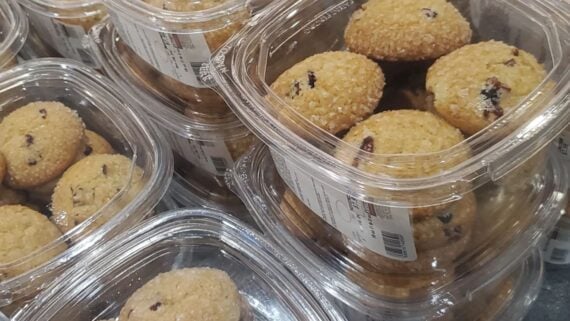Buying organic food (especially produce) is all the rage these days, and plenty of shoppers won’t touch food that doesn’t have a USDA Organic label. But some organic food products might actually be an empty promise and a total waste of money.
Here are eight foods you’re better off purchasing in their conventional form.
1. Avocados
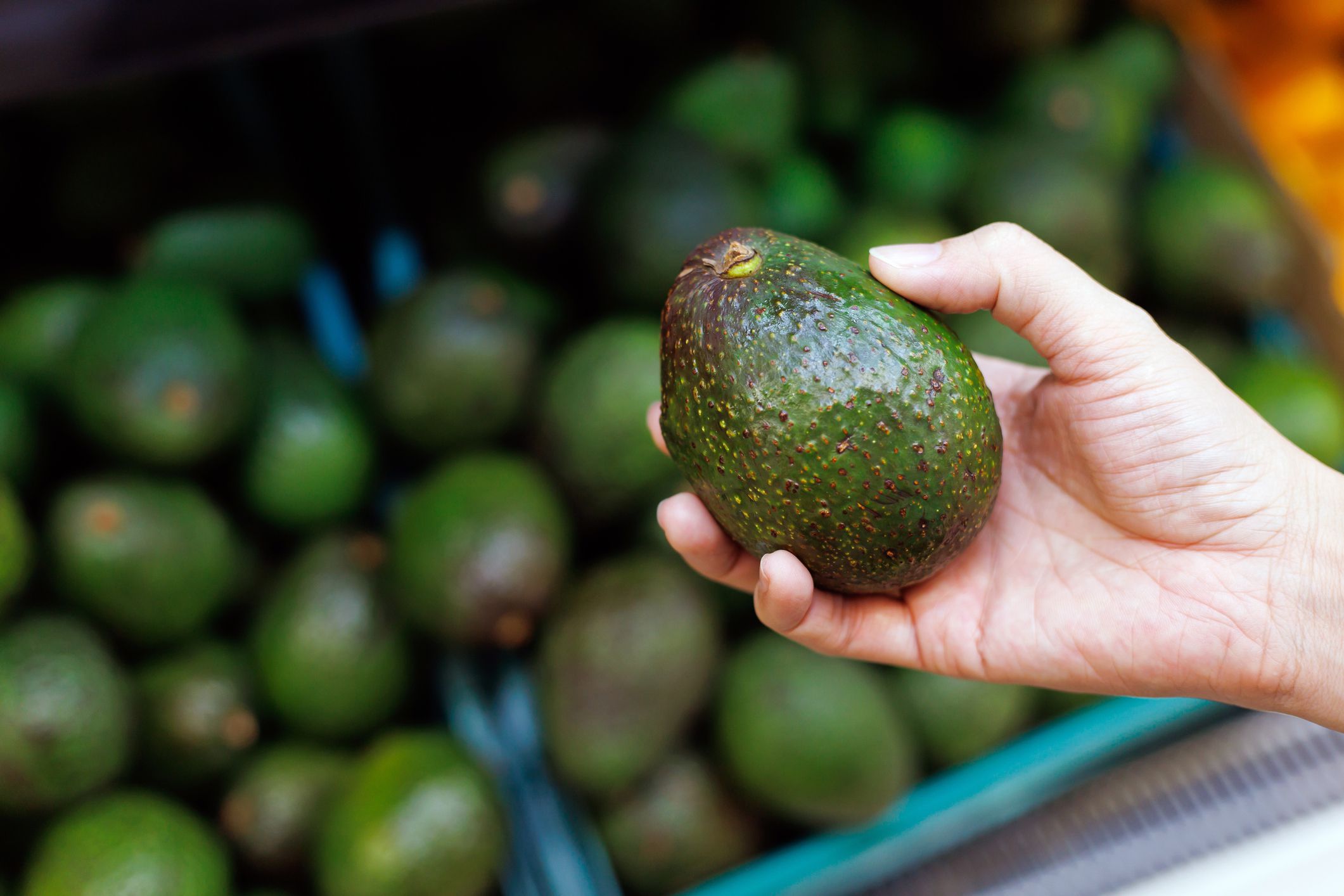
Topping the Environmental Working Group (EWG)’s Clean Fifteen list (foods least likely to be contaminated with pesticides), avocados are reportedly the least contaminated food, so there’s no need to buy them organic. Generally speaking, fruits with hard, inedible peels (like bananas, papayas, and pineapple) are considered safe to buy in their conventional form since the pesticides don’t always make their way past the skin to the inside of the fruit that you eat.
2. Seafood
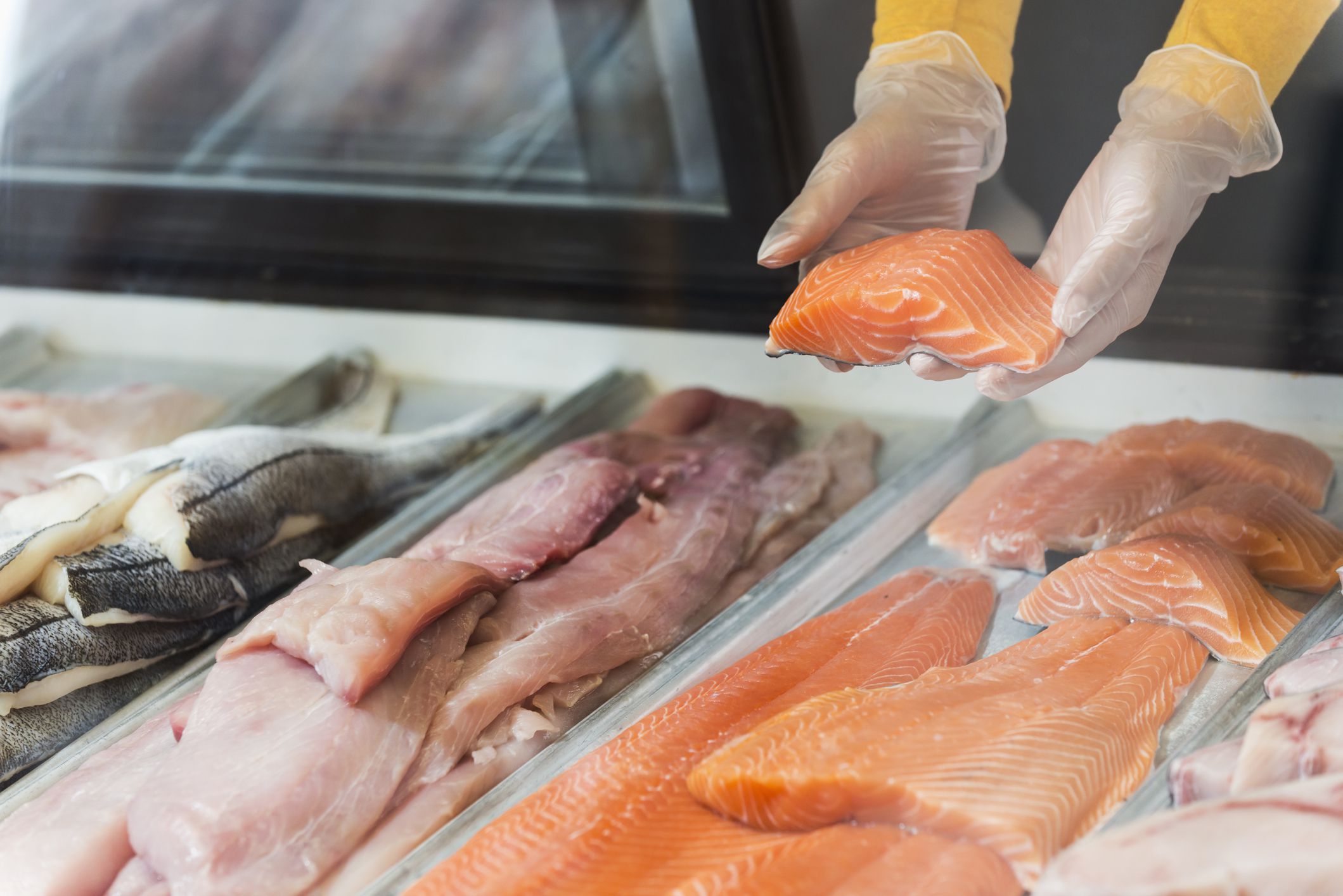
Does organic seafood actually exist? The jury is out. The USDA doesn’t currently uphold standards for organic seafood, so there isn’t much of a punch packed behind claims of organic sea creatures. You’d be better off grabbing conventional crustaceans.
Related: Seafood Savings: 6 Ways To Add Fish to Your Diet Without Busting Your Budget
3. Sweet Corn
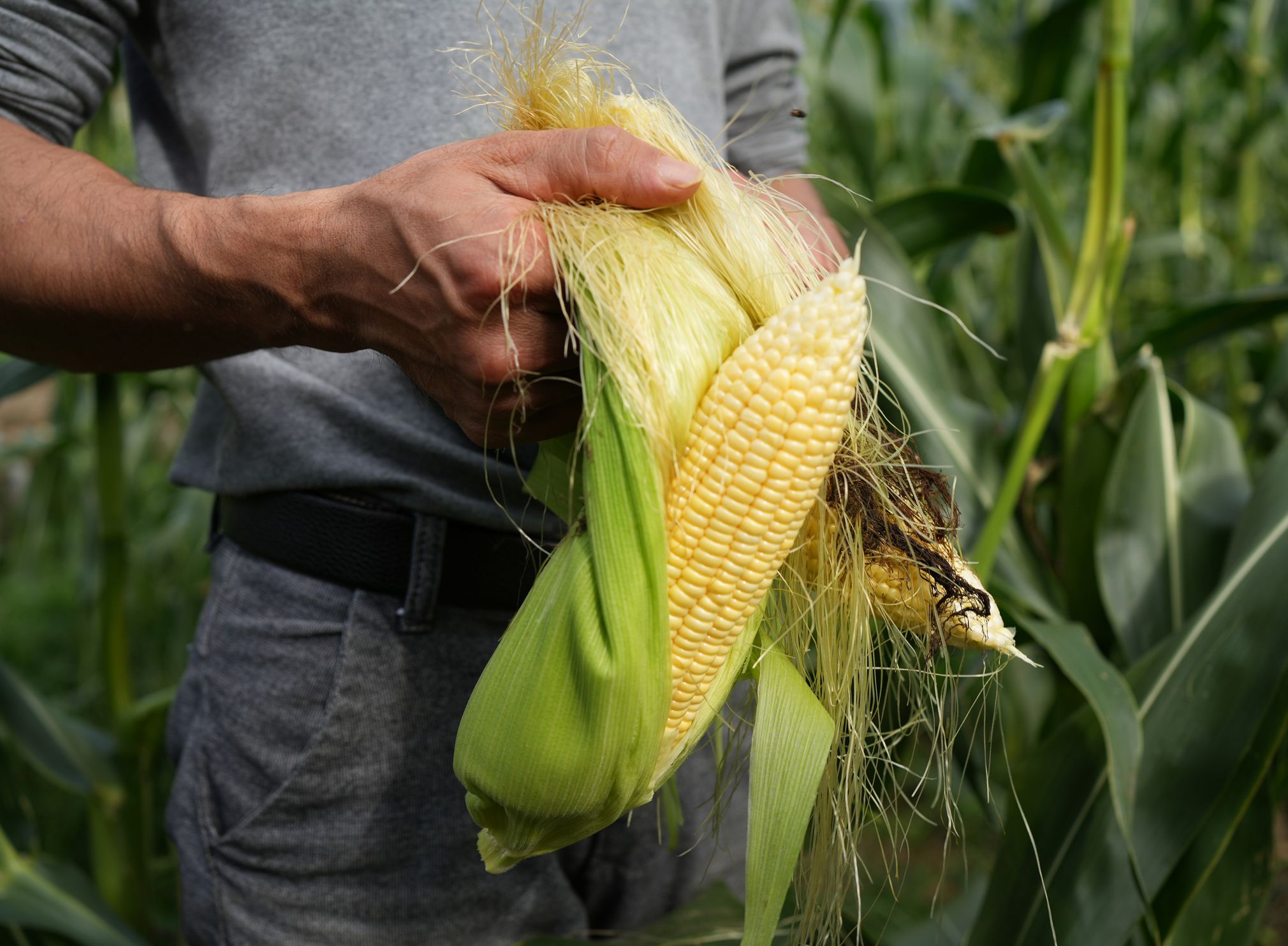
Similar to fruits with inedible skins, vegetables with thick or inedible skins are also generally okay to buy conventional. Corn holds the No. 2 spot on the Clean Fifteen list, too.
Related: From Cob to Casserole: The Best Corn Recipes for Summer
4. Eggs
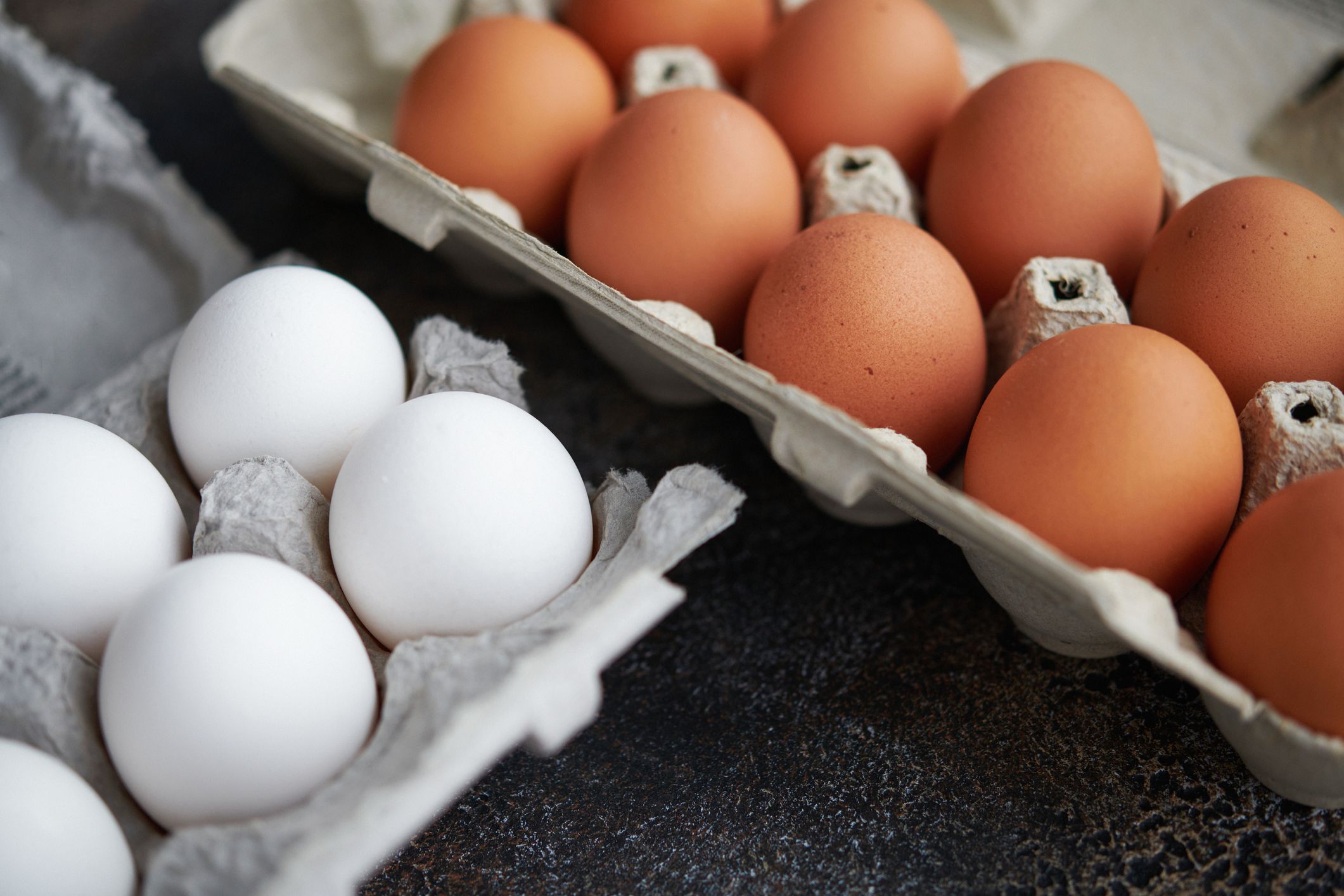
You know that whole “What came first: The chicken or the egg” debacle? The complexities extend to organic labels for eggs, too. USDA labels on eggs mean that the hens that laid the eggs were fed organic food, but it doesn’t necessarily mean those hens were never given antiobotics, albeit a rarity to use antibiotics in the egg industry. Still, that label might not make too much of a difference after all.
Related: Cage-Free vs. Free-Range Eggs: Are Specialty Eggs Worth the Extra Cash?
5. Asparagus
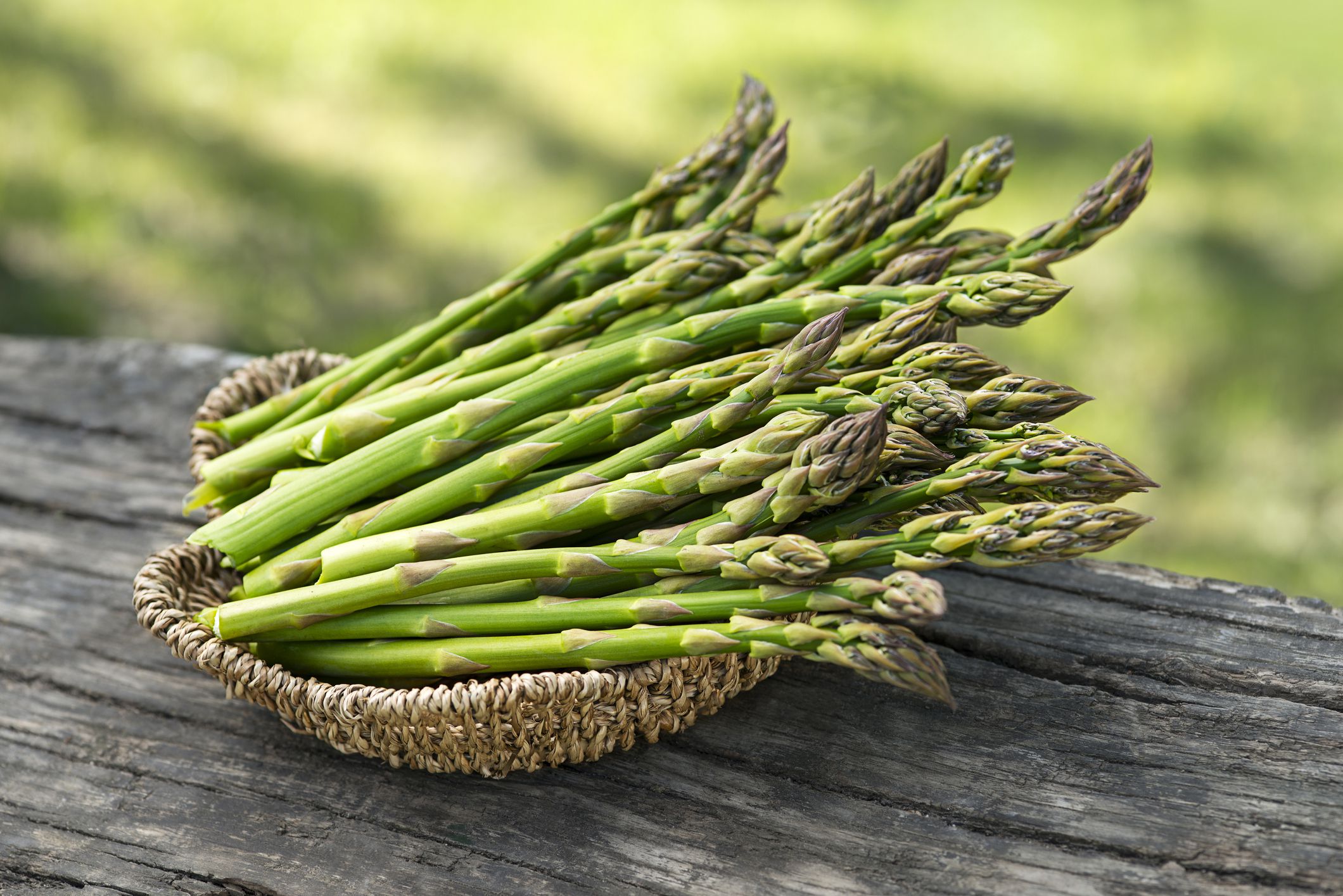
Despite not having a peel or husk to remove, asparagus rarely contains pesticides according to the EWG, landing it at lucky No. 7 on the trusty Clean Fifteen list.
For more food tips and advice, sign up for our free newsletters.
Trending on Cheapism
6. Quinoa
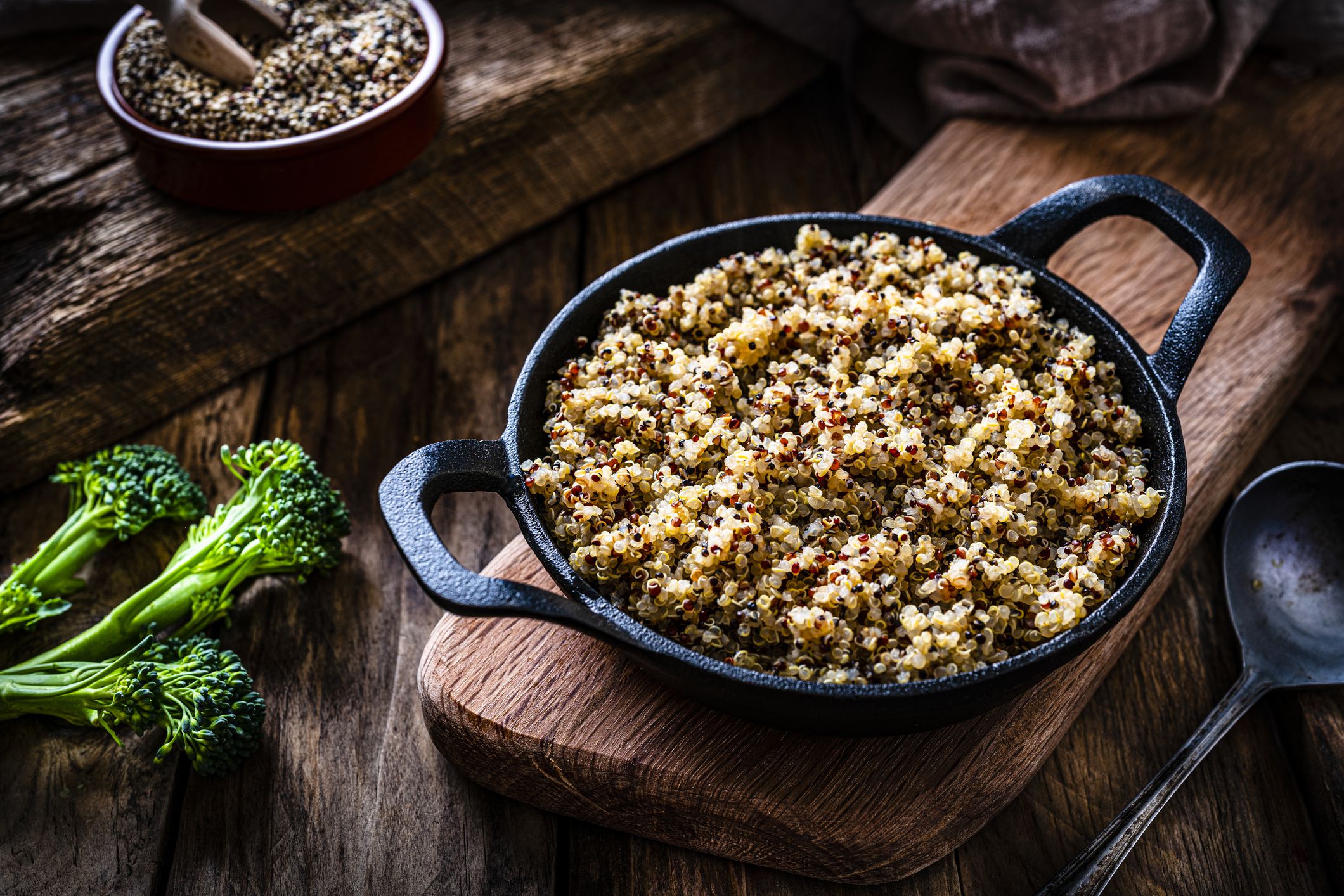
Farmers don’t have to fuss much with quinoa to keep pests away since it contains saponin, which is a natural repellent. So, even if you don’t buy organic quinoa, it’s probably unlikely you’ll consume a lot of subsidiary pesticides.
Related: 15 Delicious Pasta Substitutes for Healthier, Creative Meals
7. Spices
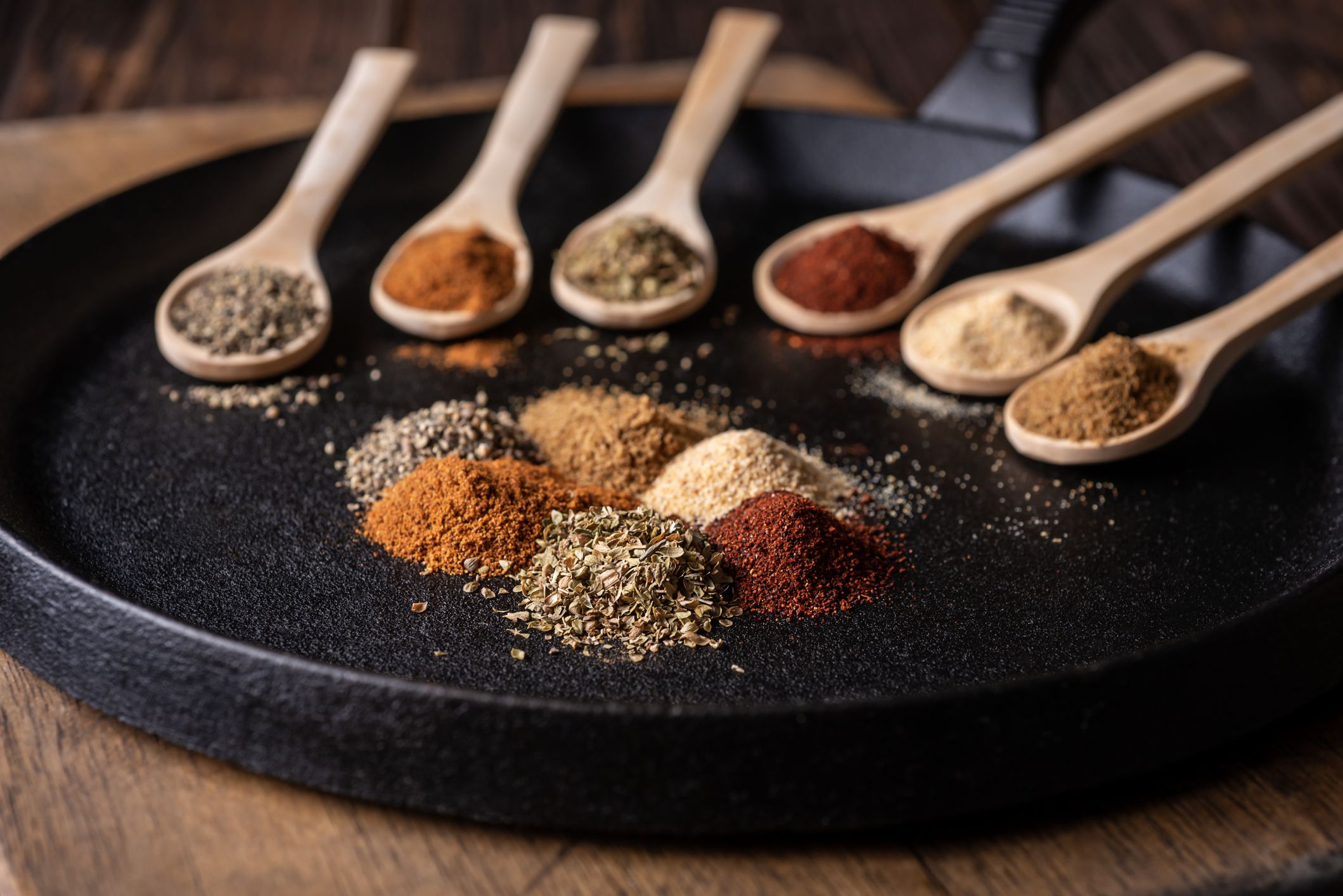
Save money when you stock your spice rack and stay away from organic labels. NPR has even reported that organic spices can contain salmonella, so the whole thing is a crapshoot anyhow.
8. Cabbage
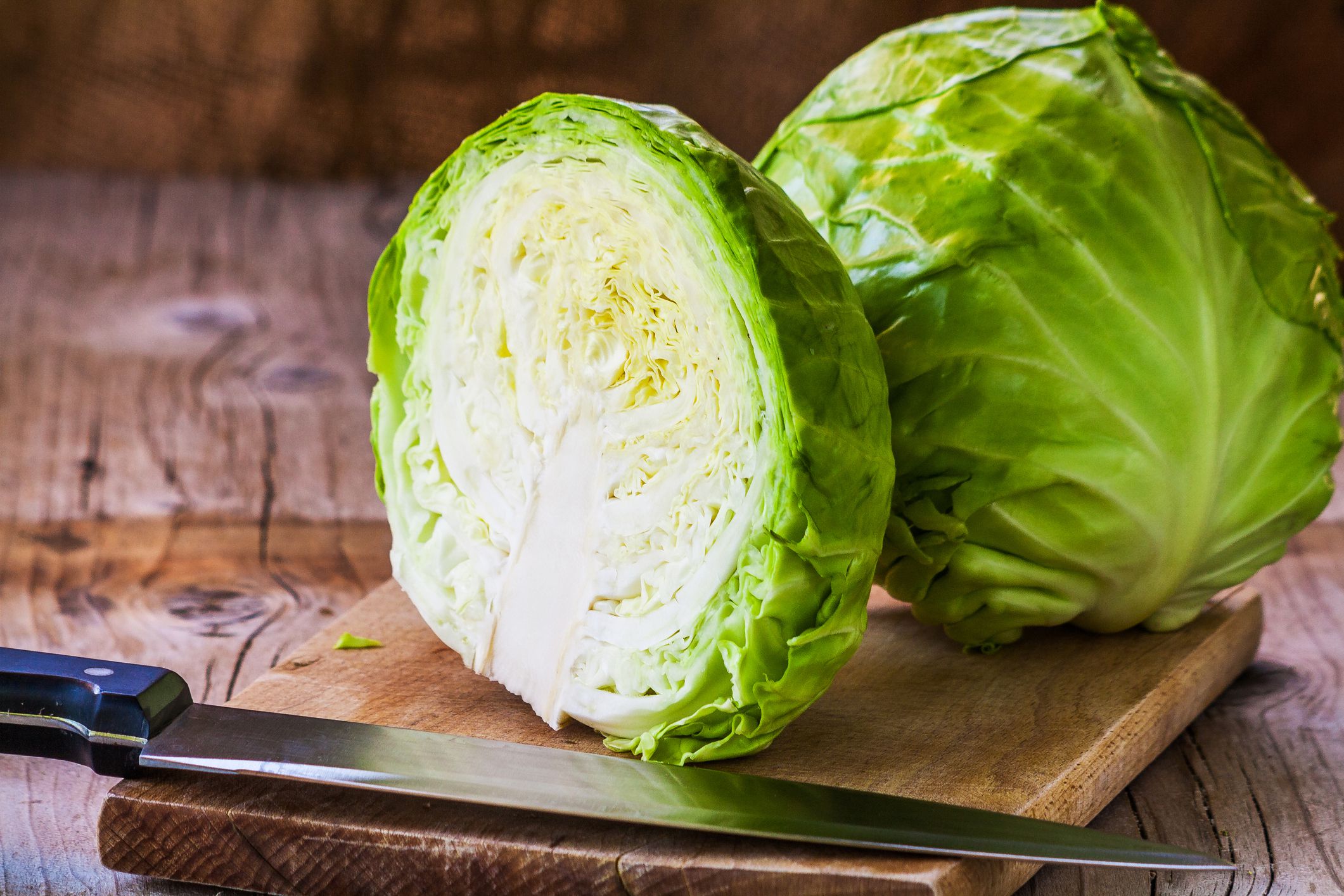
Cabbage doesn’t require too much spraying, so it doesn’t often hold on to pesticides. Leave the organic alone and keep your cabbage conventional instead.
Related: From Dosas to Cabbage Rolls: Redditors Share Their Favorite Unusual Rice Recipes




